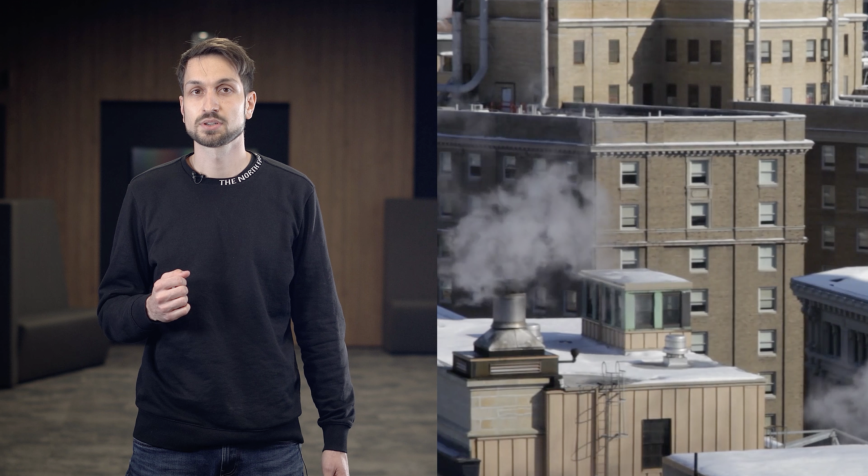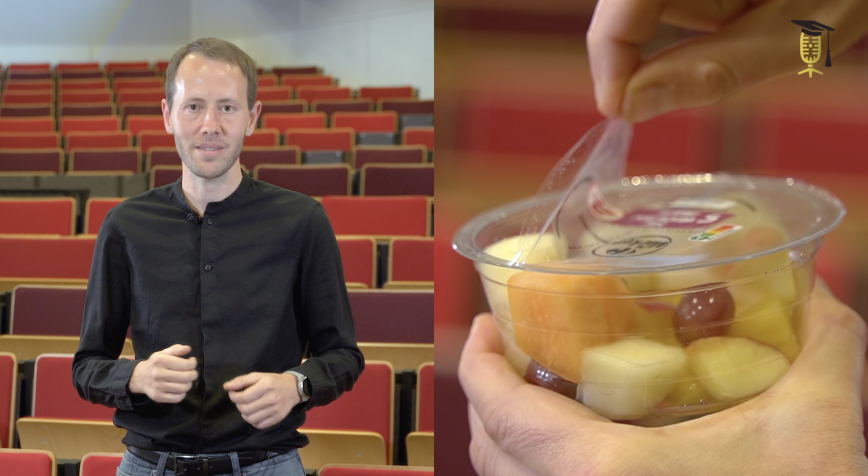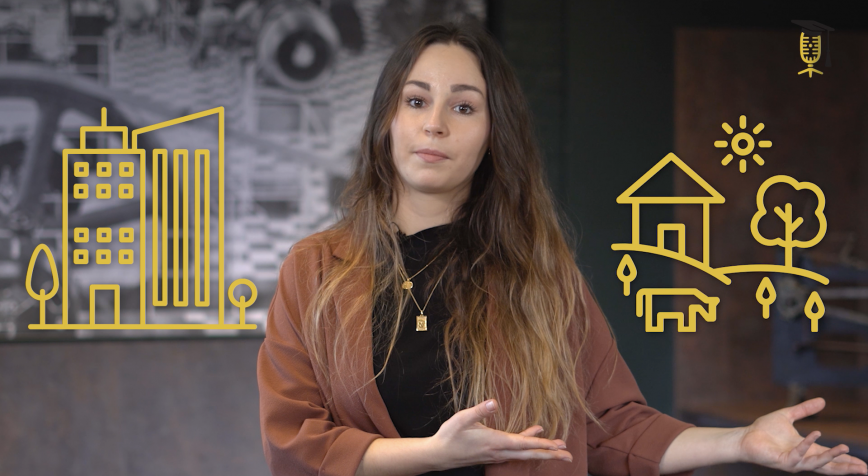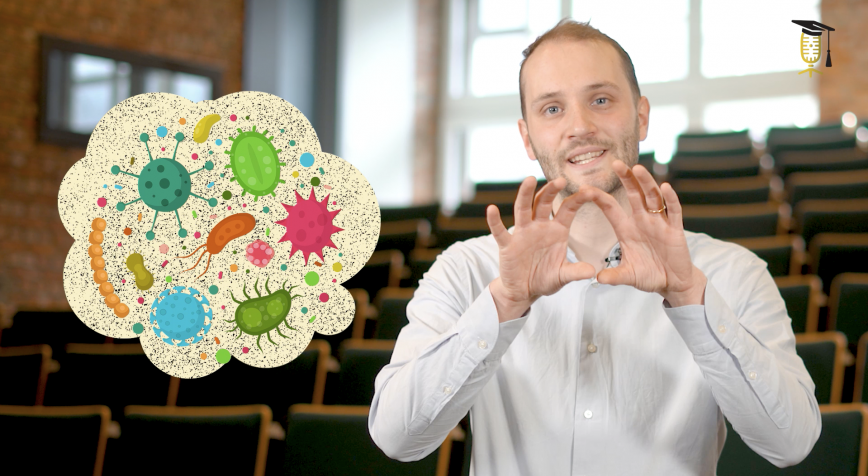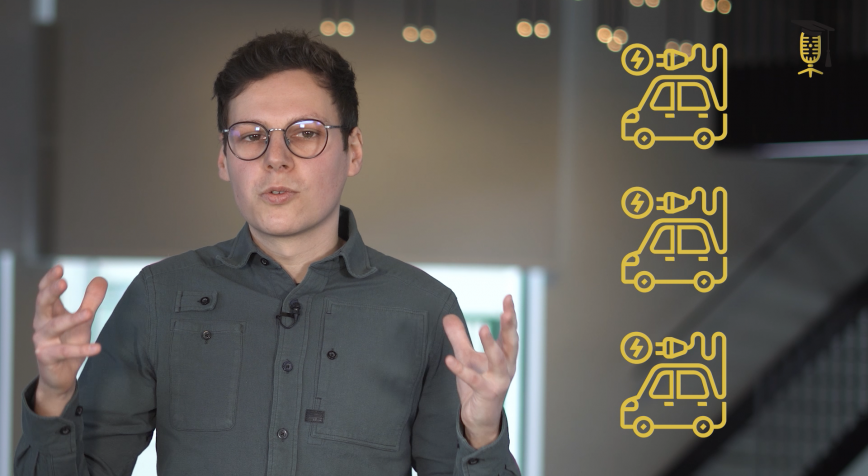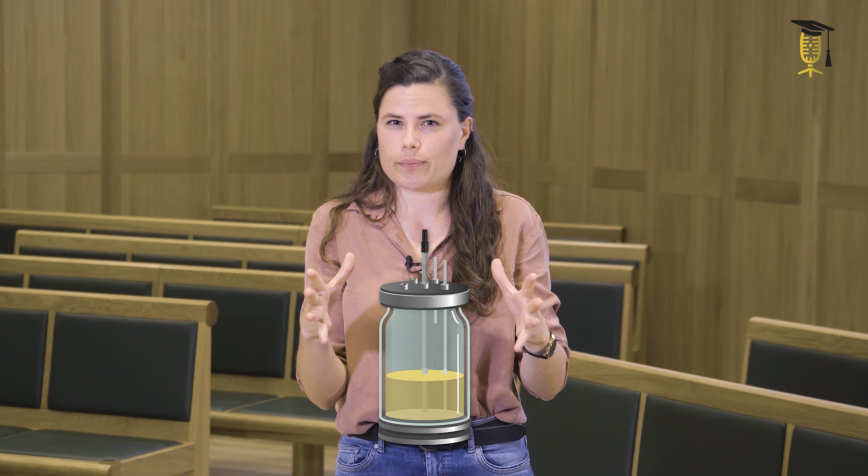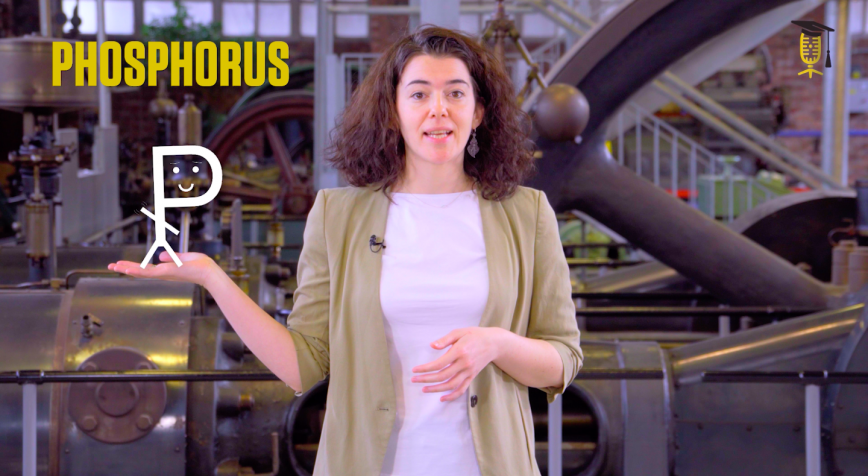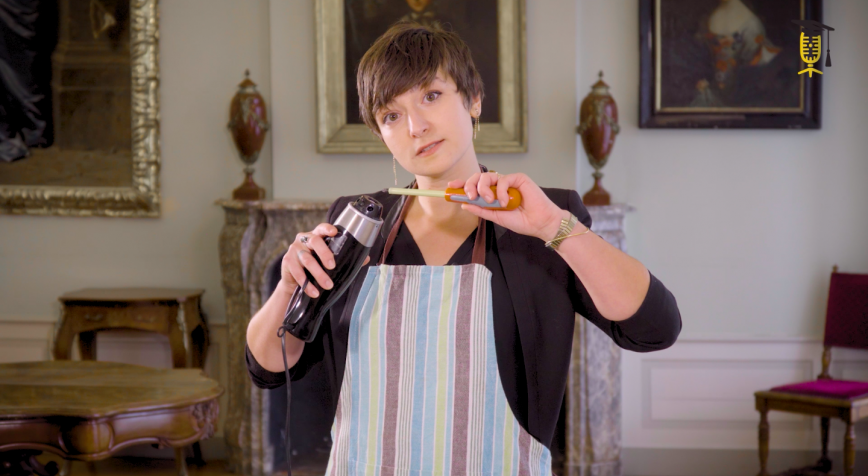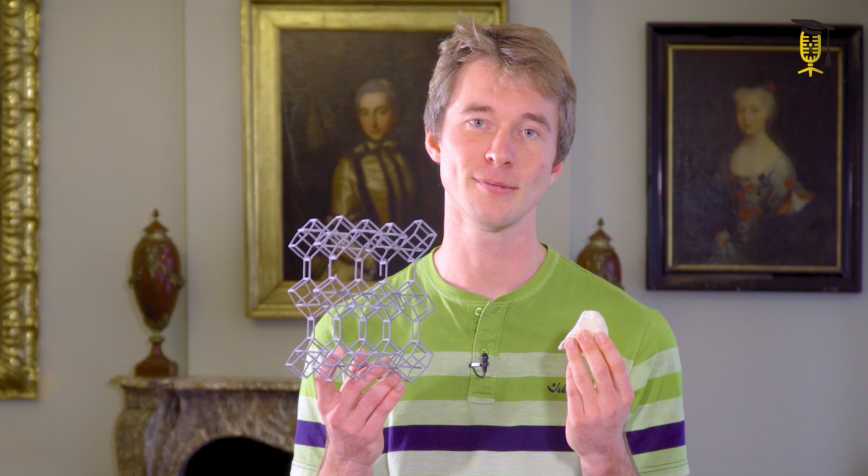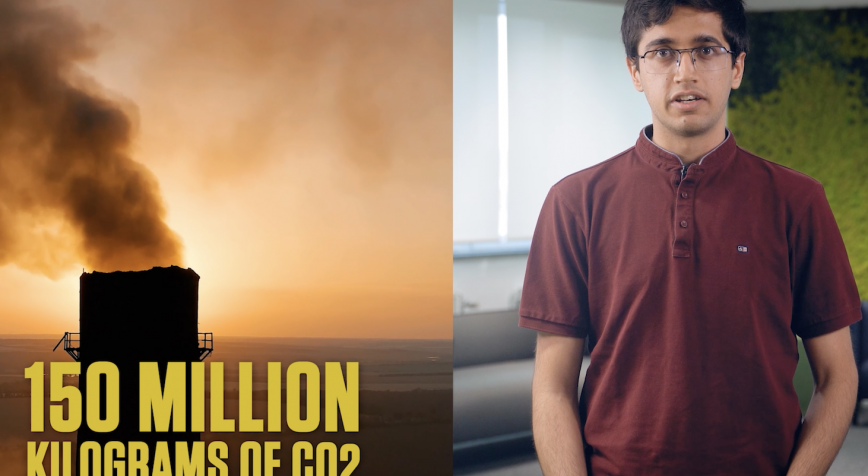
imec
KU Leuven
Reducing CO2 while creating useful products
"The greenhouse gases we pump into the air throw a thick blanket over the entire planet. By putting these to good use, my work aims to help remove this blanket of carbon dioxide, leading to a cooler future for all of us." Watch Divyansh Khurana (Imec - KU Leuven) explains how he wants to achieve this.

